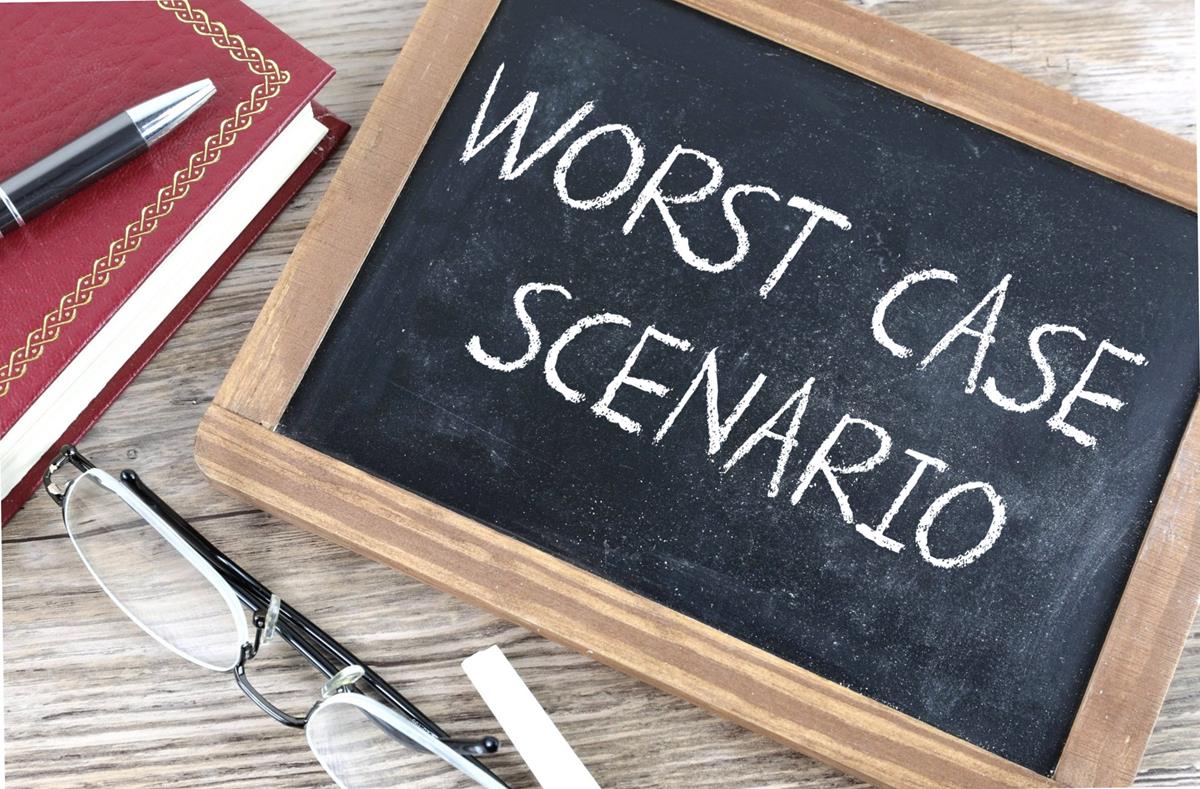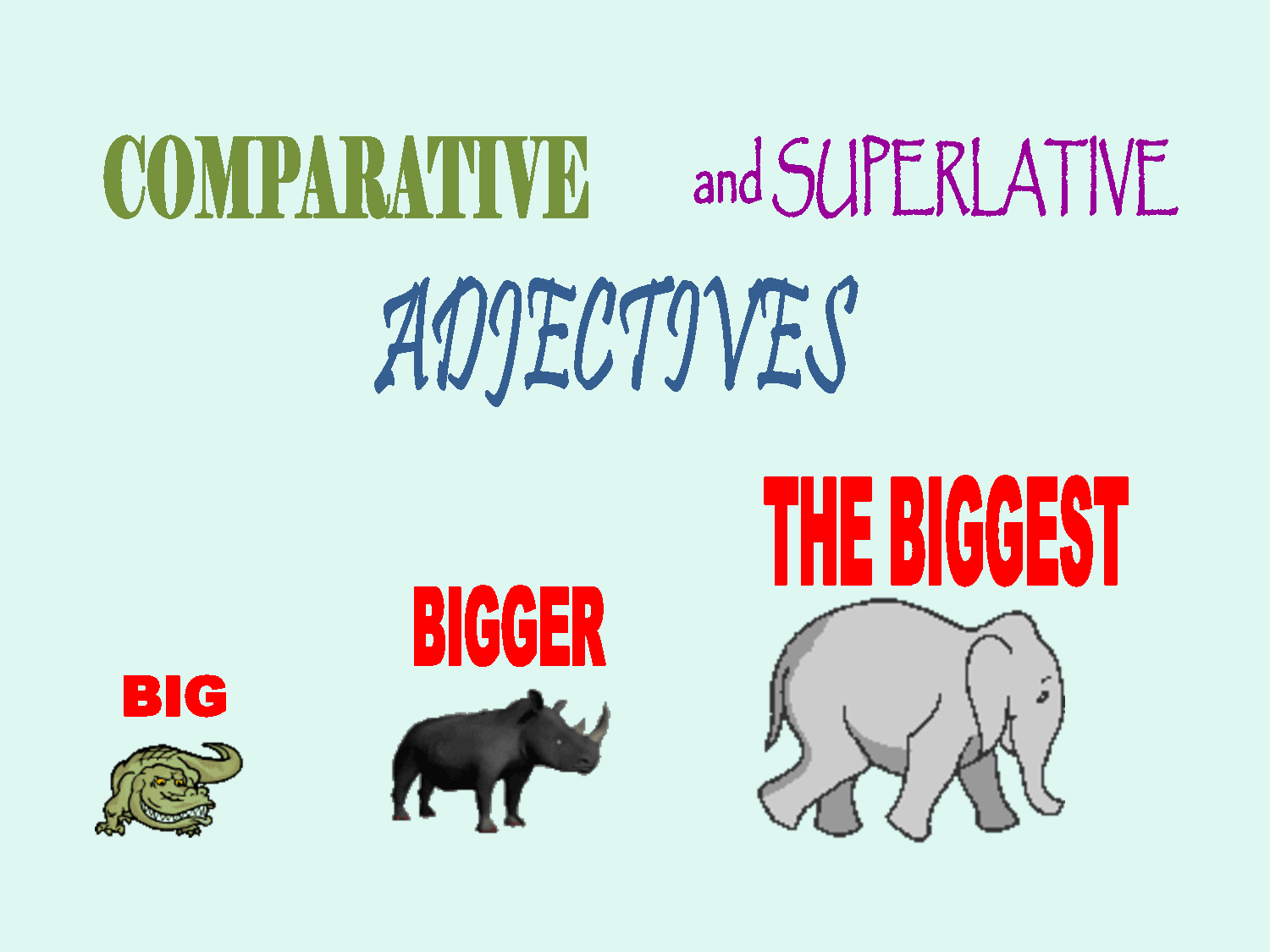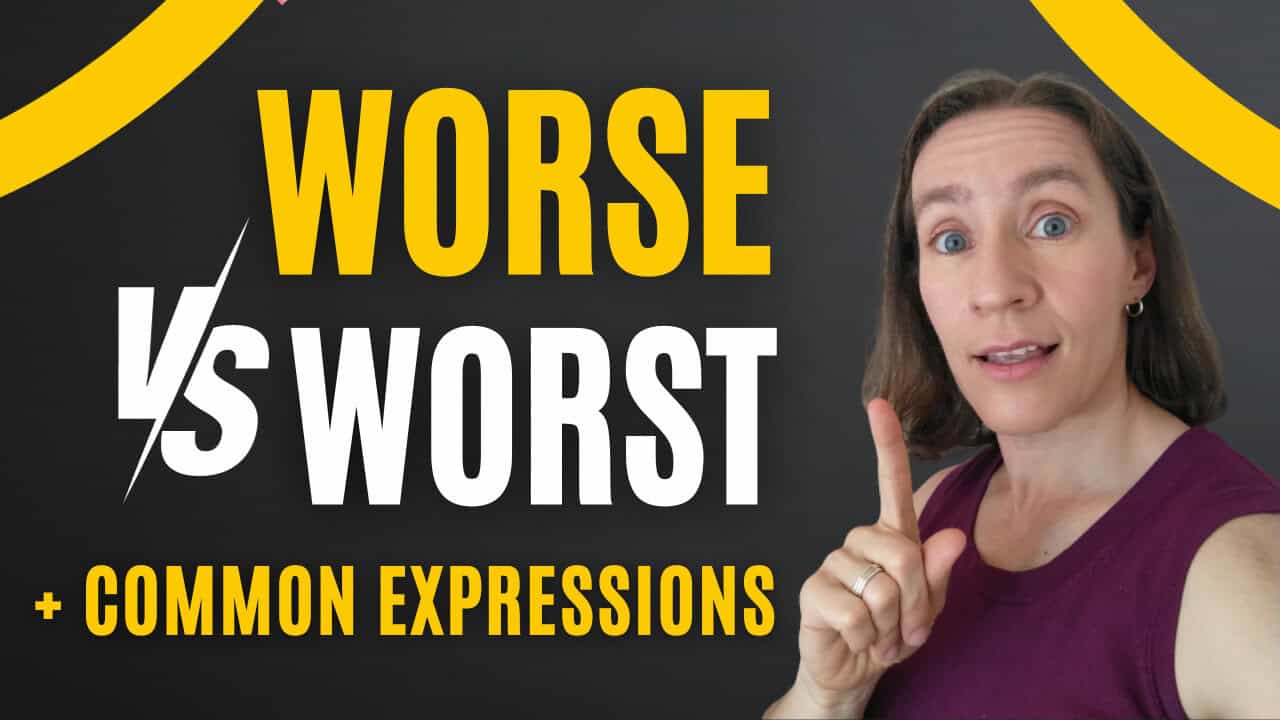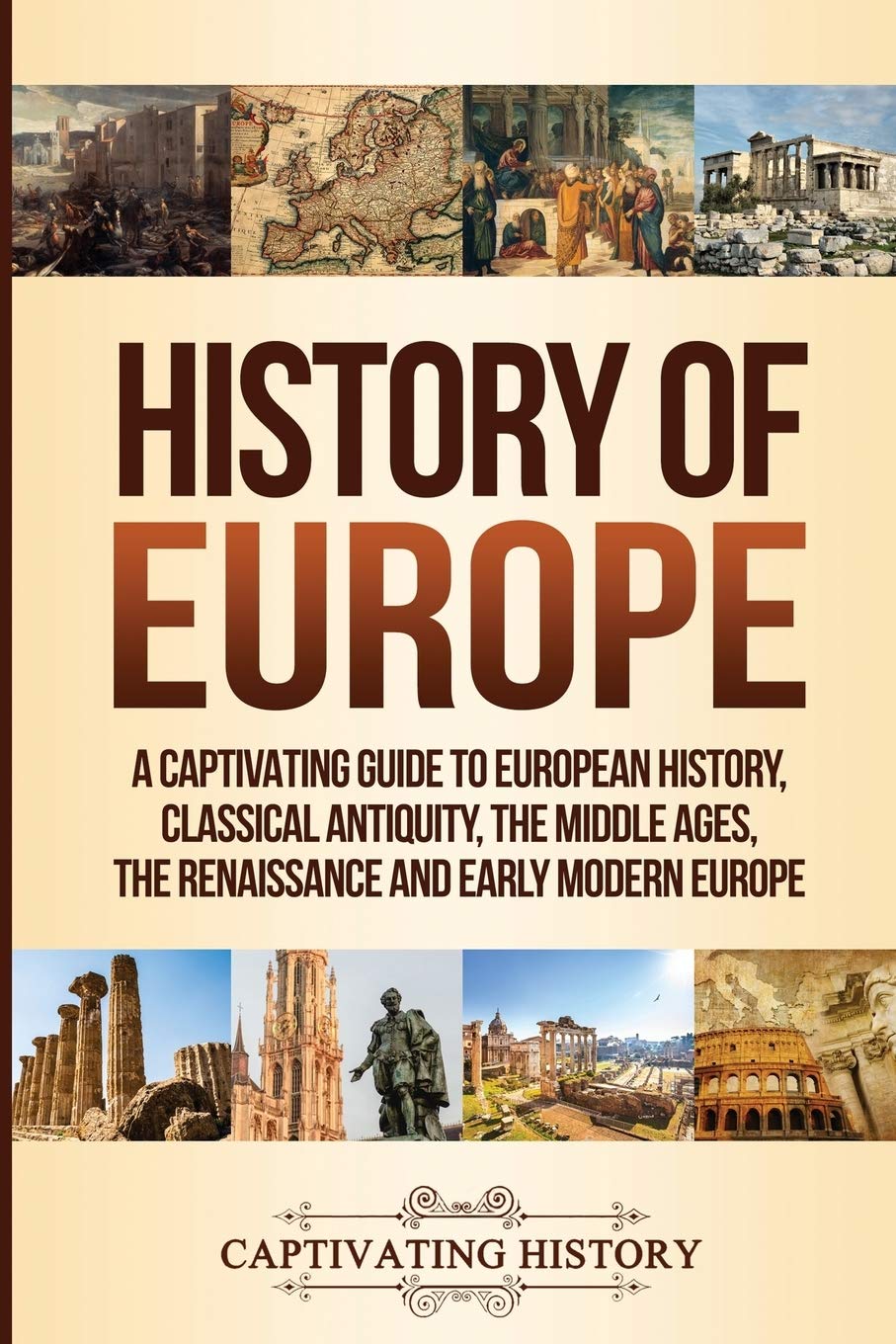
Alright, listen up, grammar enthusiasts and casual conversationalists alike! We’ve all been there, staring at a sentence, fingers hovering over the keyboard, wondering if we should pick ‘worse’ or ‘worst.’ It’s a linguistic dilemma as old as time, or at least as old as the English language itself. These two words, so similar in sound and appearance, are arguably the trickiest tag-team in the grammar arena, both springing from the same linguistic root: ‘bad.’
But here’s the kicker: despite their shared origins and nearly identical vibe, ‘worse’ and ‘worst’ play entirely different roles in the grand scheme of expressing just how ‘bad’ something truly is. They’re like two siblings who look alike but have vastly different personalities and responsibilities. One is all about comparing two things, while the other is reserved for when things have genuinely gone off the rails, hitting rock bottom.
Today, we’re cutting through the confusion, pulling back the curtain on these notorious linguistic troublemakers. We’re going to arm you with the knowledge to conquer ‘worse’ and ‘worst’ once and for all, making sure your sentences are as sharp and precise as a Michelin-star chef’s knife. Get ready to upgrade your grammar game because, let’s be real, you deserve to use these words correctly, every single time.

1. **The ‘Bad’ Boys: Why Worse and Worst Always Get Mixed Up**Let’s kick things off by acknowledging the elephant in the room: the words ‘worse’ and ‘worst’ are incredibly useful, often being the best way we can indicate that something is, well, “more bad” or “most bad.” But because they look and sound so similar, it’s incredibly easy to mix them up. It’s a common pitfall, and frankly, it happens to the best of us.
Their shared lineage from the word ‘bad’ is precisely why this confusion persists. Imagine ‘bad’ as the parent, and ‘worse’ and ‘worst’ as its two highly functional, yet easily confused, offspring. Both are integral to expressing degrees of negativity, yet their specific applications demand a careful eye and a clear understanding.
This isn’t just about sounding smart; it’s about clarity. Misusing these words can fundamentally alter the meaning of your sentence, turning a mild critique into an absolute condemnation, or vice versa. So, understanding their fundamental distinction is your first step to grammatical greatness.

2. **Worse: Your Go-To for a Two-Way Takedown**When you’re making a comparison between just two things, ‘worse’ is your absolute MVP. The context describes ‘worse’ as the comparative form, essentially translating to “more bad.” Think of it as the stepping stone from ‘bad’ to something even less desirable, but only when you have a clear counterpart to weigh it against.
The rule is straightforward: if you’re comparing two specific entities, situations, or qualities, ‘worse’ steps in. For example, the context offers, “Your breath is bad, but mine is worse.” Here, we’re pitting two breaths against each other. Or, consider, “The situation was bad and it just got worse,” illustrating a direct deterioration from one state to another, still a comparison between two points in time.
It’s about signaling a decline or a lower quality when measured against a single other item. You’re not saying it’s the absolute worst thing in the universe; you’re simply stating that it’s inferior to what you’re comparing it to. This nuanced distinction is crucial for precise communication.

3. **Worst: When Things Hit Rock Bottom (and We Mean Rock Bottom)**Now, when you need to convey the absolute pinnacle of negativity, when something has reached its lowest possible point, that’s when ‘worst’ takes the stage. The context clearly states that ‘worst’ is the superlative form, meaning “most bad.” It’s reserved for comparisons involving more than two things, or to denote an extreme out of every possible option.
Think about it: if you’re ranking multiple items by their degree of ‘badness,’ ‘worst’ marks the one at the very bottom of that list. The context gives us a fantastic illustration: “Yours is bad, mine is worse, but his is the worst.” This sentence elegantly escalates through degrees of badness, culminating in ‘worst’ as the ultimate low point among three individuals.
‘Worst’ doesn’t just compare; it declares supremacy in negative terms. It’s used when you want to emphasize that something is the most unsatisfactory, unpleasant, or disagreeable. When you say, “That was the worst meal I’ve ever eaten,” you’re not just comparing it to one other meal; you’re comparing it to every meal you’ve ever had, establishing it as the absolute nadir.

4. **Beyond Basic: A Quick Dive into Comparative and Superlative Adjectives Explained**To truly master ‘worse’ and ‘worst,’ it helps to understand the foundational grammar behind them: comparative and superlative adjectives. These aren’t just fancy terms; they’re the building blocks for expressing degrees of qualities, helping us compare and contrast effectively. A comparative adjective typically compares two things, showing how one differs from the other.
For instance, if you’re talking about speed, you might say someone is “faster” than another. The context elaborates, “My brother is bad at basketball, but honestly I’m worse.” Here, ‘worse’ acts as the comparative, drawing a direct line between the speaker’s skill and their brother’s.
Superlative adjectives, on the other hand, are for when you’re comparing more than two things or declaring something to be the absolute most extreme option. They put one item at the very top or bottom of a scale. “Out of the five exams I have today, this one is going to be the worst,” the context explains, demonstrating ‘worst’ as the ultimate comparison among several options. These grammatical forms are essential tools for clear and impactful language.

5. **Rebels Without a Cause: Why Worse and Worst Don’t Play by the Rules**Here’s where ‘worse’ and ‘worst’ throw a curveball: they don’t follow the typical rules for forming comparative and superlative adjectives. Most adjectives play nice, adding ‘-er’ for the comparative (think ‘faster,’ ‘smarter,’ ‘bigger’) or ‘more’/’less’ before the word (‘more impressive,’ ‘less powerful’). For superlatives, you usually just tack on ‘-est’ (‘fastest,’ ‘smartest,’ ‘biggest’) or use ‘most’/’least’ (‘most impressive,’ ‘least powerful’).
But ‘worse’ and ‘worst’? Nope. They’re like the rebellious rock stars of the adjective world. They’re irregular forms, just like ‘better’ and ‘best’ are the irregular comparative and superlative forms of ‘good.’ This irregularity is a key reason they can be so perplexing; they don’t visually cue their grammatical function in the same way regular adjectives do.
However, there’s a little linguistic Easter egg that can help you remember: the context points out that you can “see a remnant of the superlative ending -est at the end of worst and best.” This subtle hint in their spelling can be a handy mnemonic device, reminding you that ‘worst’ is indeed a superlative, despite its deviation from the standard ‘-est’ rule. It’s a small detail, but sometimes those are the ones that stick.

6. **”Worse” in the Wild: Spotting Decline and Deterioration**’Worse’ isn’t just for direct comparisons between two static things; it’s also your word of choice when something is actively deteriorating or declining from a previous state. It signals a negative change, an unfolding story of things getting less favorable than they once were. This dynamic aspect of ‘worse’ is where it really shines, capturing a sense of movement towards a lower quality or condition.
The classic idiom “from bad to worse” perfectly encapsulates this usage, meaning something started off poorly and has only continued its downward trajectory. The context provides a relatable example: “My handwriting has gone from bad to worse since I graduated high school.” This isn’t comparing handwriting to something else; it’s comparing its current state to its past state, highlighting a negative evolution.
Another example from the context shows this progression: “Briony’s cold got worse after a few days, so she had to see a doctor.” The cold didn’t just stay ‘bad’; it actively deteriorated, becoming ‘worse.’ It’s about capturing that unfavorable shift, making ‘worse’ a powerful tool for describing situations in flux.

7. **The ‘Worst Case’ Scenario: When Prepared for the Absolute Bottom**You’ve heard it, you’ve probably said it, and honestly, it’s a phrase we all hope to avoid: ‘worst case.’ This isn’t just a casual pairing of words; it’s a bonafide idiom, and it’s all about gearing up for the absolute rock bottom of possibilities. When you utter ‘worst case,’ you’re not just thinking of something bad, you’re conjuring up the most dismal outcome imaginable, the one that makes you want to pull the covers over your head and hibernate.
The reason ‘worst’ is the star here is precisely because it’s the superlative form. We’re talking about a situation that is ‘as bad as possible compared to any other possible situation.’ It’s not just ‘worse’ than one other outcome; it’s the single most extreme, most unfavorable scenario among *all* conceivable situations. This is where ‘worst’ truly flexes its muscles as the champion of ultimate negativity.
The context provides two prime examples of this ultimate low: ‘In the worst case, the beams will collapse instantly’ and ‘This isn’t what we expect to happen—it’s just the worst-case scenario.’ Both phrases vividly paint a picture of anticipating absolute disaster, the kind of situation you plan for but pray never arrives. It’s about facing the abyss, linguistically speaking.
Now, a quick heads-up: while ‘worst case’ is a fixed expression, you *can* pair ‘worse’ and ‘case’ together in a sentence, but it’s not an idiom. For instance, ‘Jacob had a worse case of bronchitis than Melanie did’ is perfectly fine, simply comparing two individual cases of bronchitis. See the difference? ‘Worst case’ is about *the* ultimate possibility, while ‘worse case’ is just a standard comparison. It’s all in the nuance, folks!
Read more about: Mastering ‘Worse’ vs. ‘Worst’: Your Essential Guide to Navigating Tricky Comparisons in Customer Service Evaluations

8. **The Power of ‘Worst’ as a Noun: Beyond Adjectives**Hold up, we’ve been talking about ‘worst’ as a superlative adjective, but did you know this powerful little word can also moonlight as a noun? That’s right, ‘worst’ isn’t just for describing the ‘most bad’ thing; it can actually *be* the ‘most bad’ thing itself! This usage adds another layer of versatility to an already incredibly useful word, allowing us to refer to the absolute lowest point or most undesirable aspect directly.
The context explicitly mentions this, stating: ‘Worst can also be used as a noun, as in “He brings out the worst in her.”’ Now, isn’t that a juicy example? When you say someone brings out ‘the worst’ in another, you’re not just describing their actions; you’re pinpointing the absolute lowest, most negative, or most unpleasant aspects of their personality or behavior. It’s about identifying that inner demon that only surfaces under specific, usually unfavorable, conditions.
This noun form allows for a concise and impactful way to talk about the absolute nadir of something. You’re encapsulating that ultimate ‘badness’ into a single concept. It’s like saying ‘the absolute lowest quality’ or ‘the most undesirable part’ without having to use all those extra words. It’s efficient, it’s dramatic, and it’s perfectly grammatical.
Another fantastic example of ‘worst’ as a noun comes from the dictionary definition: ‘Prepare for the worst.’ Here, ‘the worst’ refers to the worst possible event or situation itself. You’re bracing for that ultimate calamity, that bottom-of-the-barrel scenario. It shows how ‘worst’ can stand alone, embodying the extreme negative, without needing another noun to describe. Pretty neat, huh?
Read more about: The 12 Grammar Mix-Ups You Voted Worst: Why These ‘Worse’ & ‘Worst’ Errors Are Best Avoided
So there you have it, folks! From understanding the fundamental differences between ‘worse’ and ‘worst’ to navigating their roles in intricate idioms and advanced applications, you’re now officially armed with the knowledge to wield these words like a seasoned grammar pro. No more hesitation, no more head-scratching—just clear, confident communication. Go forth and conquer those comparative and superlative forms, because your sentences deserve to be nothing short of the best!


